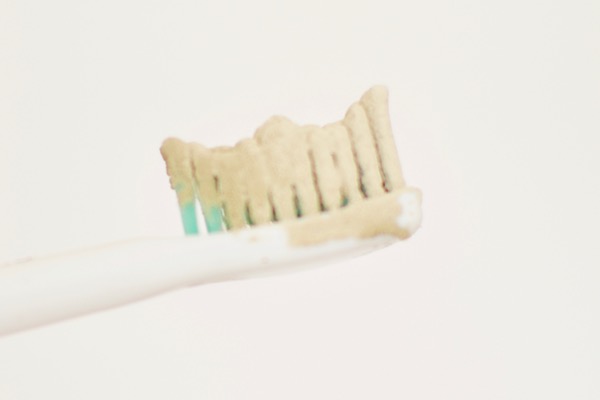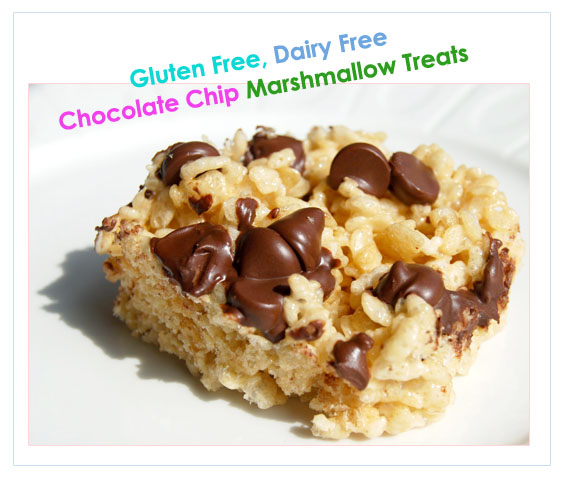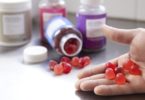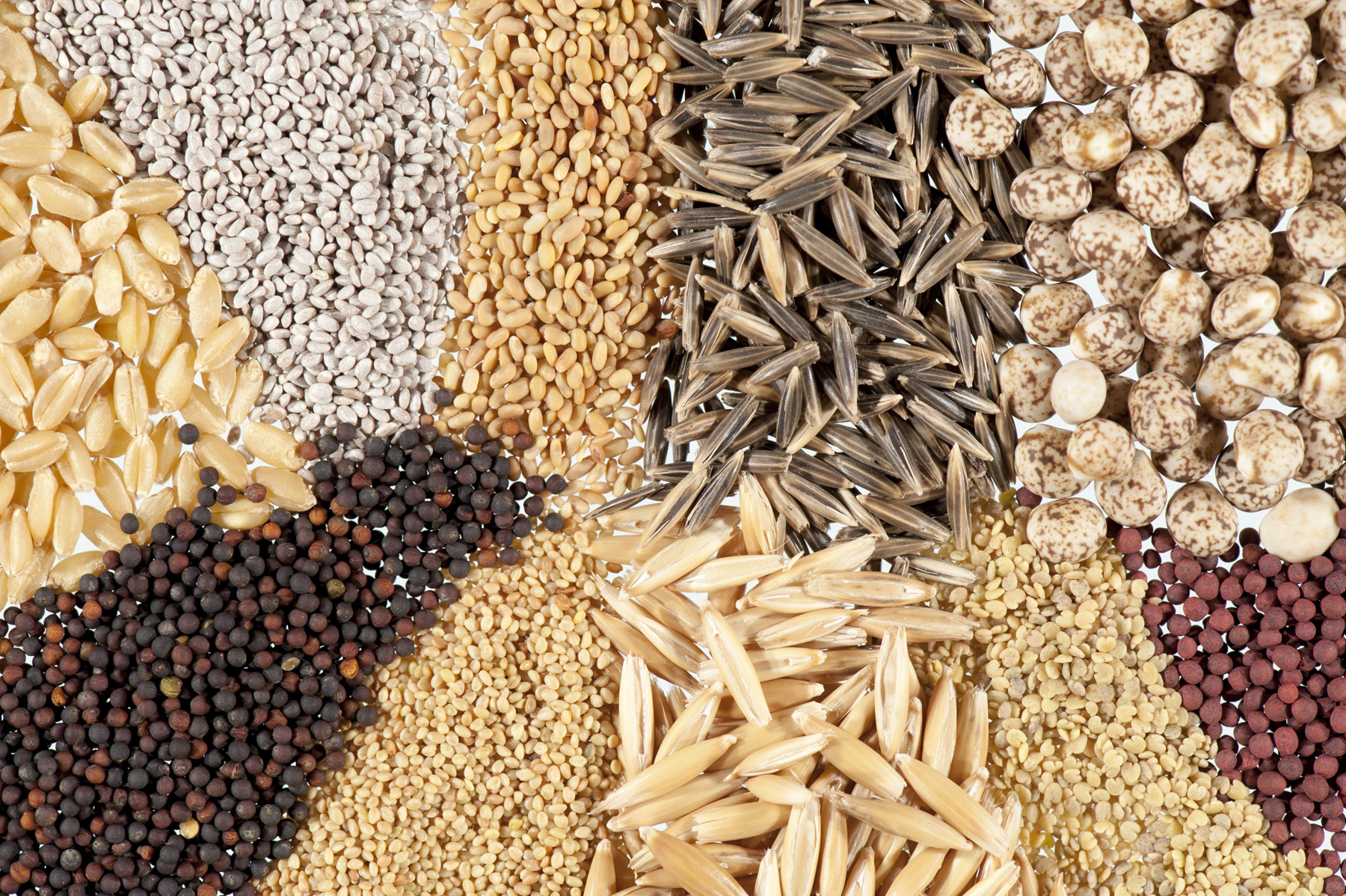You may be feeding a superbug!
Infections come in many different forms. You can suffer from fungal infections, bacterial infections, and viral infections that range from minor (like toe fungus) to life-threatening (AIDS). Modern science has developed medications to combat these infections, but some of the pathogens have adapted to resist medications. This has caused “super bugs”, with one notable example being Clostridium Difficile.
Clostridium Difficile is a bug that can cause inflammation of the colon and diarrhea. The infection can be life-threatening, and medications have proven ineffective at curbing it. Recurring Clostridium Difficile can be dangerous, and they’re surprisingly common.
What’s worse is that there are a number of medications that can increase your risk of infections! Specifically, a medication you use to control heartburn and acid reflux.
Medications known as proton pump inhibitors, also known as H2 blockers, are intended to prevent heartburn by improving gastrointestinal function. However, these medications have proven to increase your risk of Clostridium Difficile infection by a staggering 50%.
Let’s be clear: the medications don’t CAUSE the infections. One study found that these heartburn medications are simply associated with a higher risk of developing multiple C. difficile infections. They don’t actually cause the infections, simply promote the gastrointestinal conditions that lead to a higher risk of infection.
H2 blockers are among the many medications prescribed for acid reflux, heartburn, and GERD. However, they also end up being prescribed for other conditions (gastrointestinal problems), which means they can end up being overused or incorrectly taken. When that happens, the risk of the C. difficile infections rises.

READ MORE: 10 Worst Acid Reflux Foods to Avoid Before Bed
You see, the medication is intended to suppress the production of acid, as well as curb the acidity in the stomach. When this happens, you lose your body’s first line of defense against pathogens. The acid in your stomach is strong enough to kill off most bacteria and germs. Without full-strength stomach acid, more germs get through to your intestines. There is also a higher risk of the germs infecting the lining of your stomach, especially if you have ulcers and other damage to the stomach lining. Hence, the risk of certain infections is higher.
And C. difficile infections are no joke. The infection is resistant to medication, so it’s very difficult to treat/get rid of. They’re a superbug that affect a surprisingly high number of people in the U.S. and around the world.
If you’re taking H2 blockers to treat an existing stomach condition, it’s important to understand that you may be at risk of more serious infections. That doesn’t mean you should stop treating your stomach problem, but it does mean you need to be aware of the risks. It’s time to talk with your doctor and mention the association between H2 blockers and the Clostridium Difficile infections. They may have an alternative solution for treating your stomach problems that doesn’t involve medication that could lead to a higher risk of infections.
And did you know you can deal with stomach acid problems on your own? You don’t always need medications to help you curb acid reflux or heartburn. There are many natural remedies for the problem, such as chamomile tea, aloe vera juice, and lemon juice. You can also avoid eating food that is overly spicy, heavy on fat, or very large servings. Eat earlier in the day and avoid lying down after your meals. All of these things will help to reduce your risk of acid reflux and heartburn. Add more exercise and reduce stress from your life, and you have a winning anti-heartburn combination!








